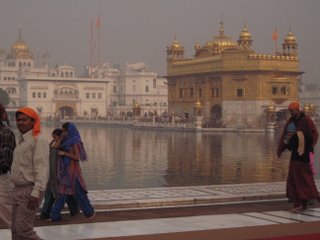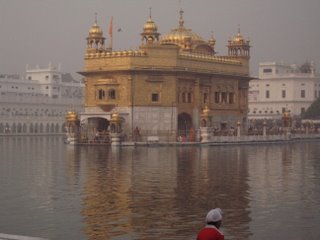It seems to me there is a hierarchy of Climate Change statements. Some don't agree with the first statement. Others get further down the list. Here are the statements that I see. How far down the list do you get before you don't agree?
[UPDATE August 9: I should have added 4.3 here.
- Global Climate Change is occurring.
- Humans actions are causing most of it.
- We can do something about it.
- We can be fossil fuel free by 2050, possibly 2030.
- It's technically possible, but alternative fuels are too expensive
- It's technically and economically feasible, but not politically feasible.
- 3. It's technically, economically, and politically feasible.]
A friend who is far more technically savvy than I expressed serious doubt. So I started going to Citizens Climate Change monthly meetings, another group I learned about at the Bioneers Conference.
Let's look at the four (plus 2) statements.
1&2. Climate change is happening and people are causing it.
Most scientists agree this is the case. A small minority are still skeptics. Their number decreases regularly. A major recent convert is UC Berkeley Prof. Richard Muller, who had been a high profile skeptic, and recently wrote a New York Times opinion piece, “The Conversion of a Climate-Change Skeptic,”
“Three years ago I identified problems in previous climate studies that, in my mind, threw doubt on the very existence of global warming. Last year, following an intensive research effort involving a dozen scientists, I concluded that global warming was real and that the prior estimates of the rate of warming were correct. I’m now going a step further: Humans are almost entirely the cause.”The Koch brothers seem to be the main supporters of global warming deniers. They even paid for part of Muller's research.
3. There's something we can do about it.
I think most people who accept that people cause climate change believe something can be done - like turning out the lights when you aren't using them, buying electric cars, and other energy saving activities. But is this enough to prevent irreversible harm to the earth and our ability to survive? That gets us to statement 4.
4. We can switch to alternatives by 2050.
This was where I was getting hung up. After Saturday's Citizens' Climate Lobby (CCL) meeting I have come to understand why my tech friend doesn't agree and why he might be wrong.
4.1 - If you compare prices of oil, coal, and natural gas to alternative fuels, it looks like it will be impossible to be able to switch. But the people who argue that we can, include the externalities of coal and oil in their economic calculations. That is, they look at the costs that are imposed on society by these energy sources that the companies don't pay - health costs and all the environmental damage. If they were forced to pay for this, then alternatives would be more than competitive. There are a number of other issues that help support the idea of things being switchable. I don't claim to understand it all, but I do know that human history is full of such changes from old technologies to new, unbelievable ones. Anyone living in the last 40 years has experienced this first hand on a lot of fronts.
4.2 - Even if it were technologically and economically feasible, many people just think it's not political possible. I'm seeing a number of books at the CCL meetings. One is a book of statements on climate change by most of the major religious groups. Most of them recognize that climate change is a human caused problem. So that's a big step.
Second, there are people working on a carbon tax, that uses market forces, to tax carbons and give every American part of that tax. As an Alaskan I think about the Alaska Permanent Fund dividends, though I'm not sure that's quite the right model.
I'm also impressed with the CCL strategy. Their goal is to have groups in every Congressional district who can build relationships with their US Senators and Congress members where they can share their expertise and counter the lobbying by those who have an economic or ideological stake in fossil fuels.
At the monthly meetings there's an international (Canada and the US) teleconference call which includes a presentation by an expert and then there is discussion among the different local groups. The meetings are run very efficiently.
You can learn more about CCL at their website. Folks in the Anchorage area can talk to CCL reps at the CCL table at the
Renewable Energy for Alaska Project (REAP) Fair
on the Parkstrip
Saturday August 11, 2012
between 11am and 9pm.




























